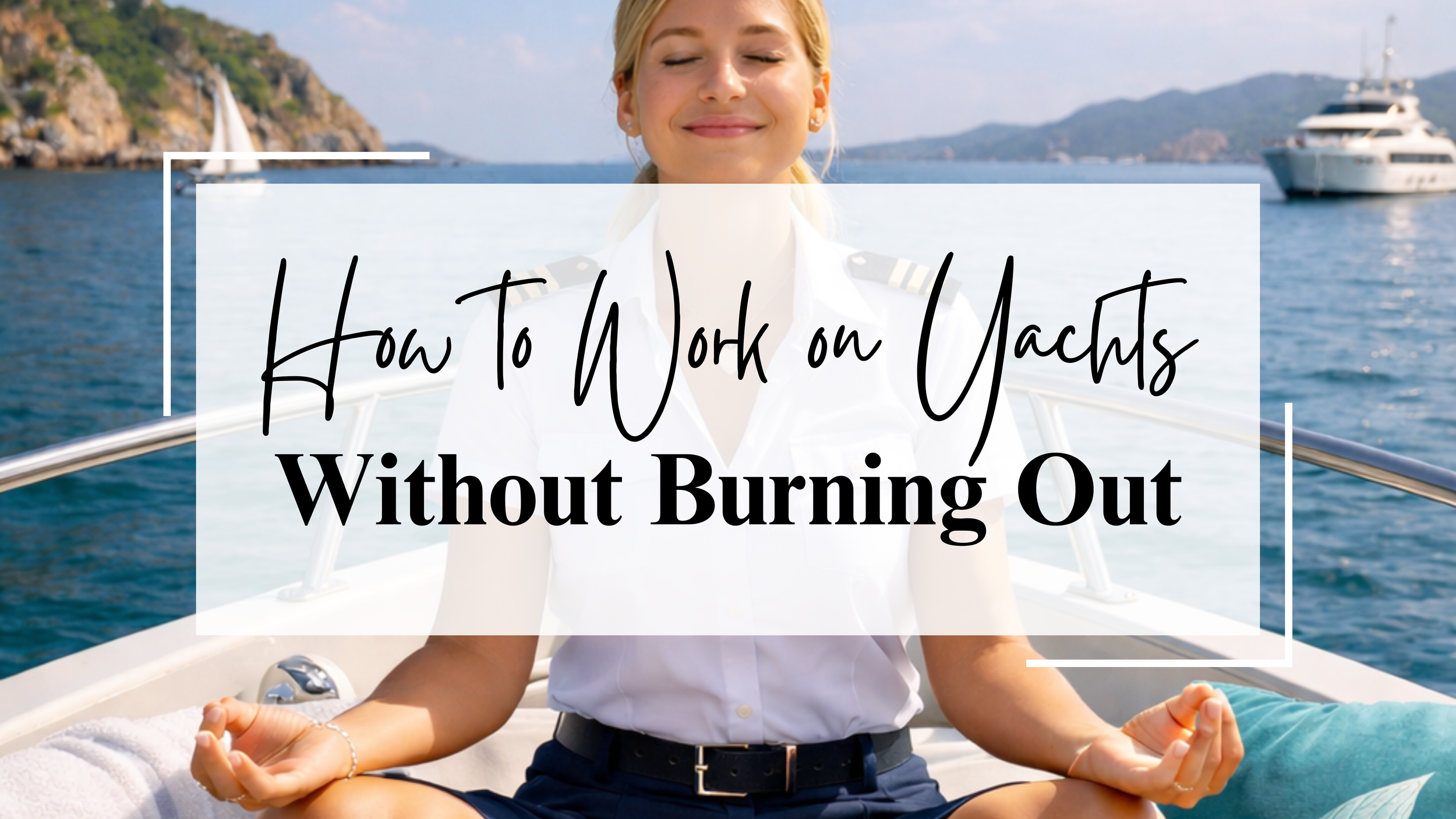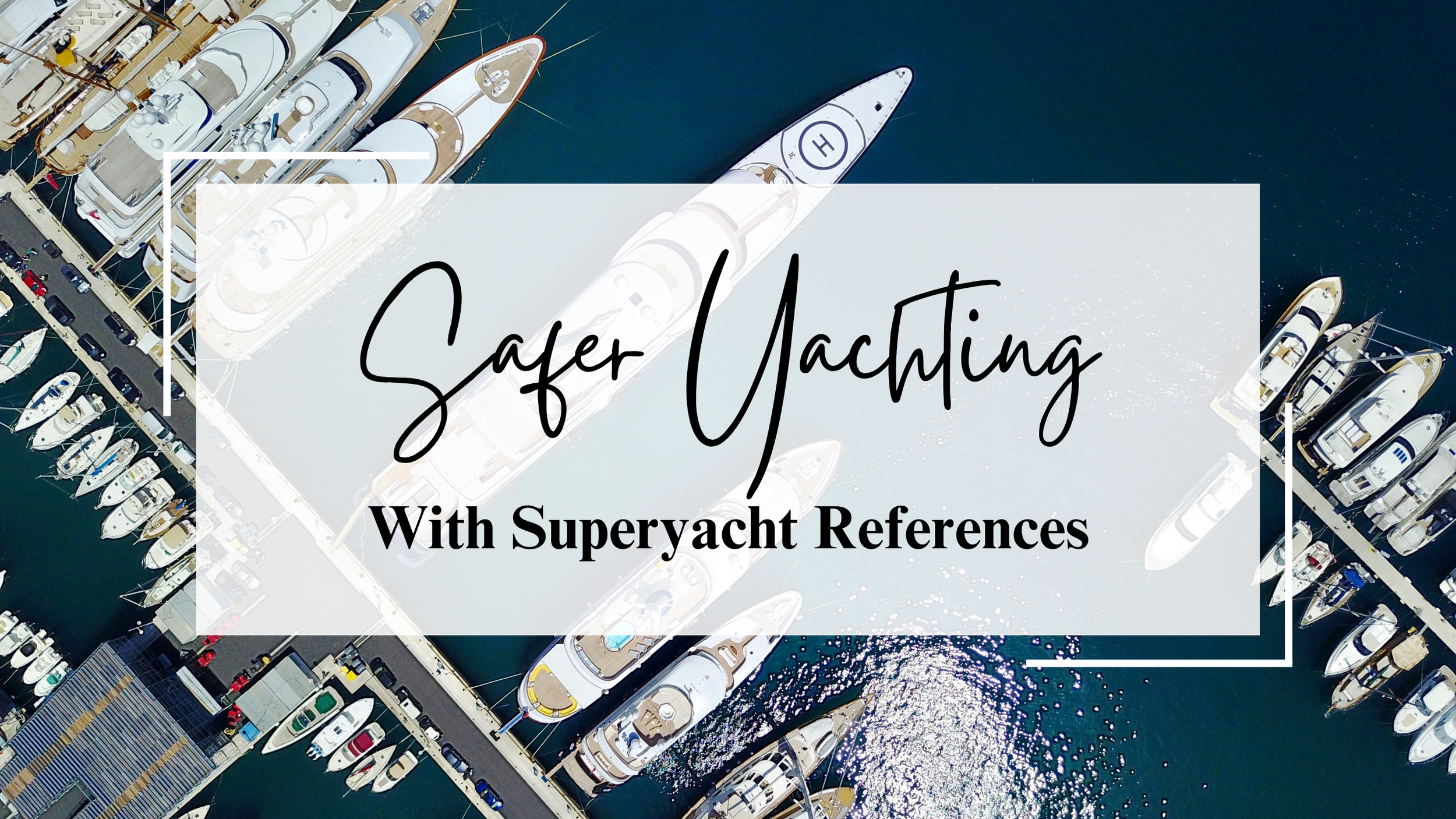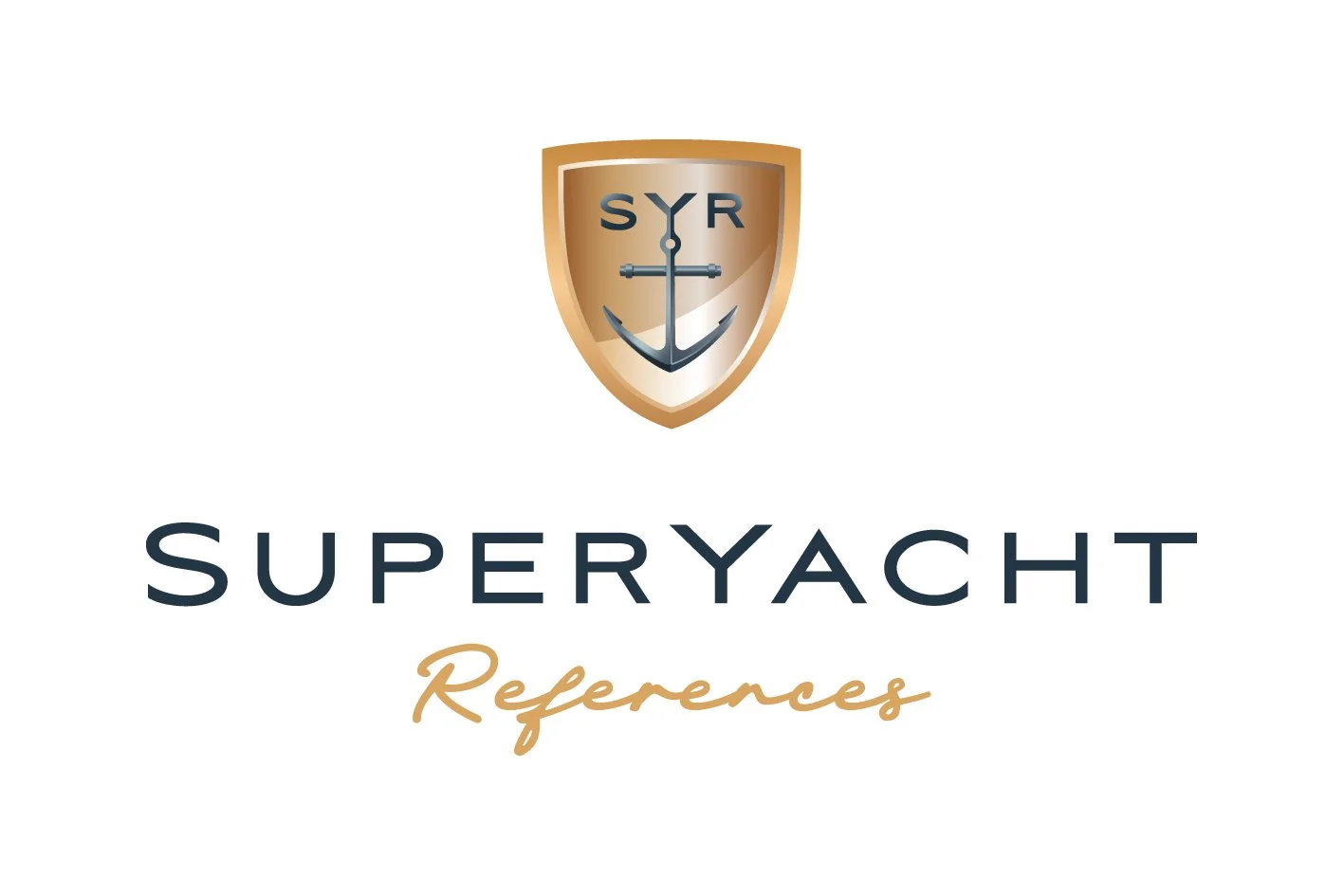There’s a version of this story I usually only share with close friends. But after years of listening to crew share similar experiences, I know this isn’t just mine.
For a long time in my yachting career, I only rested when I was already drowning.
I kept pushing through exhaustion, emotional overwhelm, and chronic stress, telling myself this was just “part of the job.” I reached for rest, breath, or grounding only when things felt unbearable — when my body and nervous system had already gone far past their limits.
Eventually, my body said enough.
Burnout Is Not Just Being Tired
Burnout isn’t simply fatigue.
For me, it showed up as:
Loss of joy
Emotional numbness
Depression/Suicidal Ideation
Feeling disconnected from myself
Living in constant survival mode
I felt trapped in my own body, unable to properly rest even when I technically had time off. My nervous system didn’t know how to downshift anymore.
This experience is far more common in yachting than we talk about — and it’s often normalized, minimized, or worn as a badge of honor.
When Survival Turned Dangerous
For many years onboard, I was battling suicidal depression, an eating disorder, and recurring illnesses — while still showing up and performing.
I overworked myself. I drank. I used substances to "cope." From the outside, it looked like resilience. On the inside, my nervous system was in constant collapse.
Until one morning, I woke up and couldn’t do it anymore.
My mental health was gone, and my physical body couldn’t carry the load any longer. So I packed my bags and left the industry.
Not as a failure — but as an act of survival.
Healing wasn’t quick. It took almost two years, and I didn’t do it alone.
I leaned on mentors and therapists, and slowly learned how to understand and regulate my nervous system. I learned how to feel again without becoming overwhelmed, and how to create a sense of safety in my body — something I hadn’t realized I’d lost.
One of the most profound shifts came when I began learning about cyclical living.
Working With the Menstrual Cycle Instead of Against It
Reconnecting with my menstrual cycle changed everything.
I learned that women are not designed to operate at the same capacity every day. Just like nature moves through seasons, we move through inner phases each month.
Some phases support action, visibility, and outward energy. Others naturally call for rest, reflection, and recalibration.
When I stopped fighting those rhythms — when I stopped expecting myself to perform at the same level all the time — everything softened. My body finally made sense to me.
This isn’t weakness. It’s biology.
Today, this understanding shapes the way I support other women in yachting.
I teach how to reconnect with your menstrual cycle, understand each phase, and use it to your advantage — including how to take menstrual rest onboard in a realistic, professional way.
This work is offered in the productivity training inside the MKSB (Mermaids Kick‑Starter Bible) – Done‑For‑You Interior Templates, designed specifically for women at sea.
At present, this is the only productivity training in the yachting industry that teaches women how to use their menstrual cycle as a leadership and performance tool.
For those who are not part of the MKSB members area, this foundation is also taught through my FemRewild Cyclical Living Masterclass, where women learn how to work with their cycles in daily life — on and off the vessel.
From Emergency Tools to Daily Support
Alongside this awareness, practices like breathwork, meditation, grounding, and nervous-system regulation stopped being emergency tools.
They became daily support.
Not something I reached for when everything fell apart — but something I used before survival mode took over.
Returning to Yachting — Differently
When I eventually returned to yachting, I stayed for another eight years.
Not because the industry changed — but because I did.
I had tools, awareness, and support systems in place. I could notice when something was shifting inside me and respond early, instead of pushing until collapse.
This is why I talk so much about education, prevention, and daily nervous-system care.
Not because it fixes everything — but because it supports us before we reach the edge.
A Free Resource for Crew: Reset & Regulate Playlist
To make this support more accessible, I’ve created a Free Reset & Regulate playlist and resource collection.
It includes:
Short meditations
Breathwork practices
Grounding exercises
Nervous-system support tools
All designed to realistically fit into busy onboard life.
You don’t need an hour a day. You don’t need to overhaul your life.
Even a few minutes of consistent support can make a real difference.
👉 Access the free playlist here!
This Is Also About Change
This isn’t just personal — it’s systemic.
The yachting industry relies on chronic over-functioning, lack of rest, and emotional suppression, which will continue to burn people out unless we talk about it differently.
Education around nervous-system health, menstrual health, and sustainable work rhythms isn’t “soft.” It’s necessary.
Supporting yacht crew before survival mode takes over is how we create longer, healthier careers — and safer, more functional vessels.
A Final Note
If any part of this resonates, please know this:
You are not weak. You are not broken. You are human — in an industry that asks a lot of us.
And you don’t have to do it alone.
That’s why I also offer private mentorship sessions for crew seeking deeper, personalized support.
Blending over 20 years of yachting experience with somatic, trauma-informed practices, my mentorships are a space to pause, reset, and reconnect — holding both your personal development and your long-term career growth.
I’m here to support you — wherever you are in your journey.
XO
Marién

































